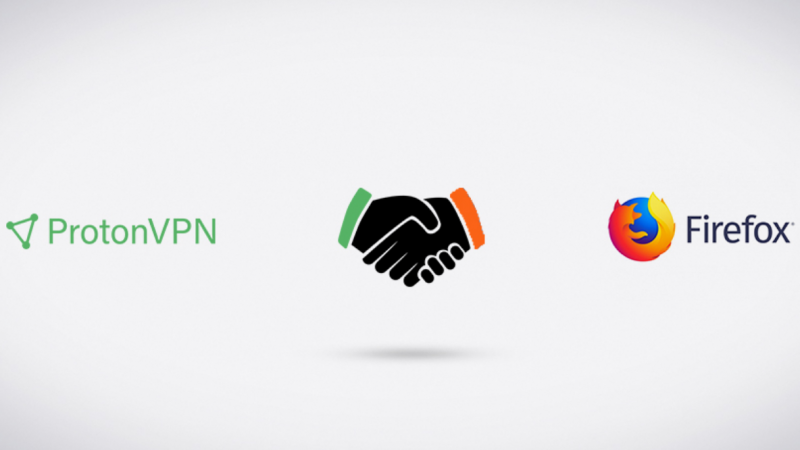Mozilla and ProtonVPN this week announced a partnership aimed at keeping users safe while navigating the Internet.
Thus, starting October 24, Mozilla will offer the ProtonVPN service to a small group of Firefox users based in the United States. The company will select the users randomly and will offer them the possibility to purchase a monthly subscription to the virtual private network (VPN).
The VPN service is supported on Windows, macOS, Linux, iOS, and Android, and can be easily turned on or off as needed. The subscription is billed securely using payment services Stripe and Recurly and can be cancelled at any time.

Mozilla will collect the payments from the users who decide to subscribe and will also keep most of the revenue from these subscriptions. ProtonVPN will get a portion of the proceeds to offset their costs in operating the service.
“In this way, subscribers will be directly supporting Mozilla while benefiting from one of the very best VPN services on the market today,” Mozilla notes.
According to ProtonVPN, Firefox users will receive the same benefits as those who purchase a ProtonVPN Plus subscription. They will also get a 30-day money back guarantee.
“The Mozilla and ProtonVPN partnership is an experiment in finding new ways to keep Internet users safe while simultaneously ensuring that open source and non-profit software development gets the resources that it deserves,” ProtonVPN explains in a blog post.
VPN services are meant to secure Internet connections against monitoring and eavesdropping by encrypting all Internet traffic and routing it through a secure server. Such a service prevents anyone on the network (including the Internet service provider) from seeing what websites the user is visiting and from tracing them.
When using a VPN service, however, the user puts a lot of trust in the provider, because they depend upon the safety of its technology and its commitment to protecting privacy, Mozilla notes. Thus, before selecting ProtonVPN for the partnership, Mozilla decided to vet and approve the service provider.
The Swiss-based VPN service provider reveals that Mozilla actually took its time during the vetting of ProtonVPN. Not only did they check the system’s architecture, infrastructure, and no-logging policies, but also had a look at the cryptography used to encrypt user traffic.
“We’re excited about this partnership because it furthers our shared goal of making the Internet a safer place. If the experiment goes well, then we may expand it and we can potentially offer ProtonVPN to over 300 million Mozilla users, significantly increasing security and privacy around the world,” the service provider says.
Related: Audit Finds No Critical Flaws in Firefox Update System














